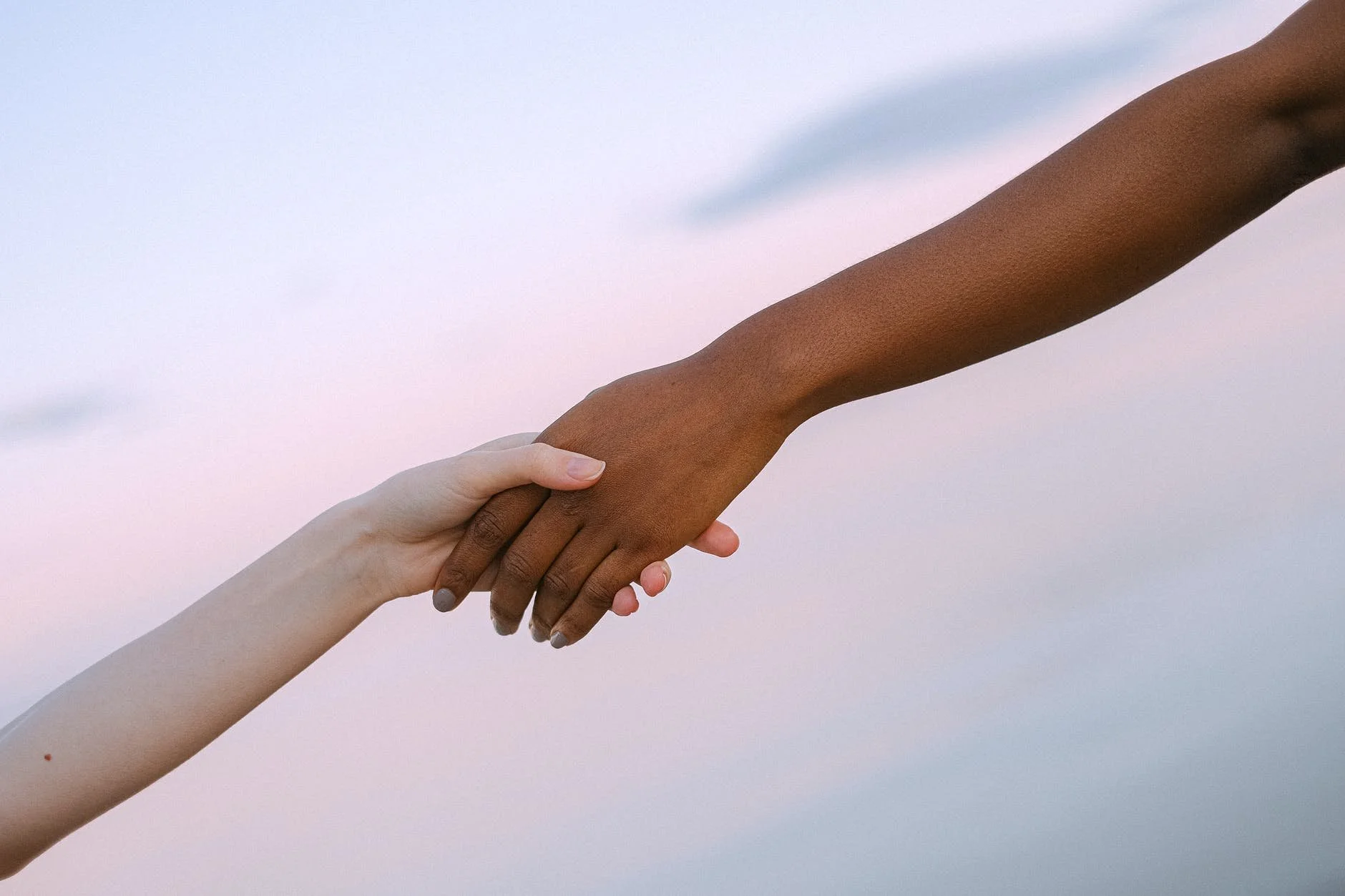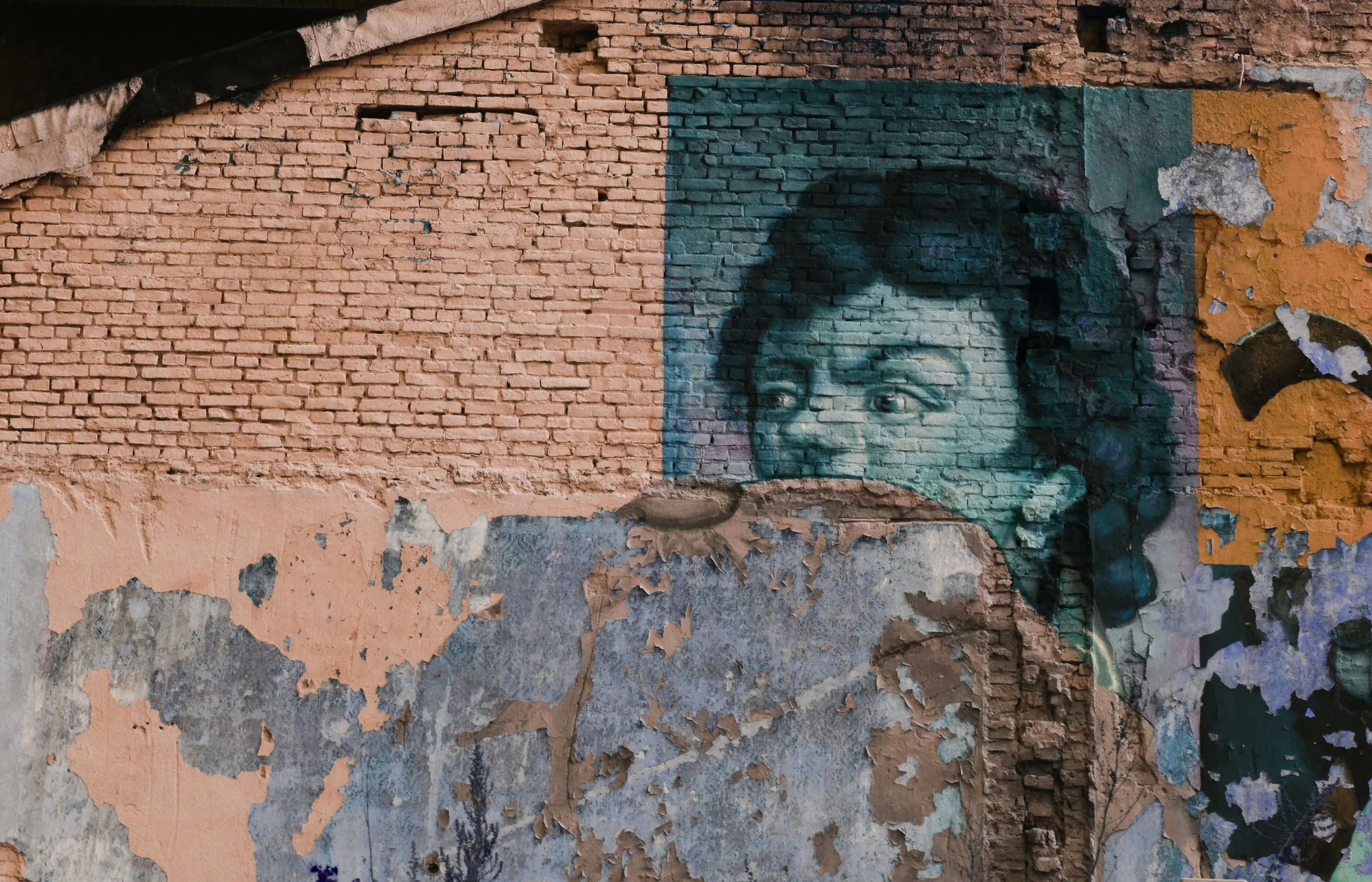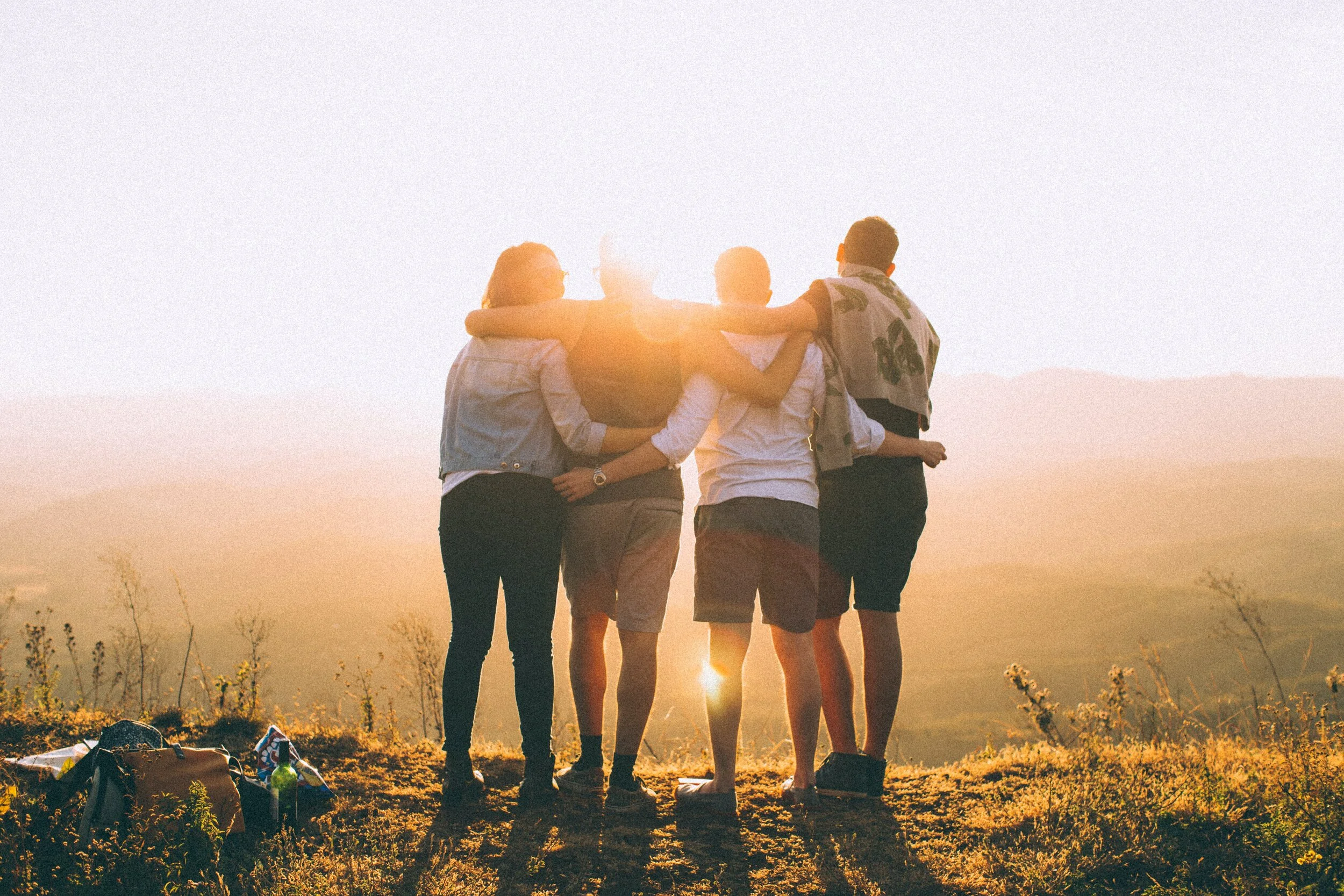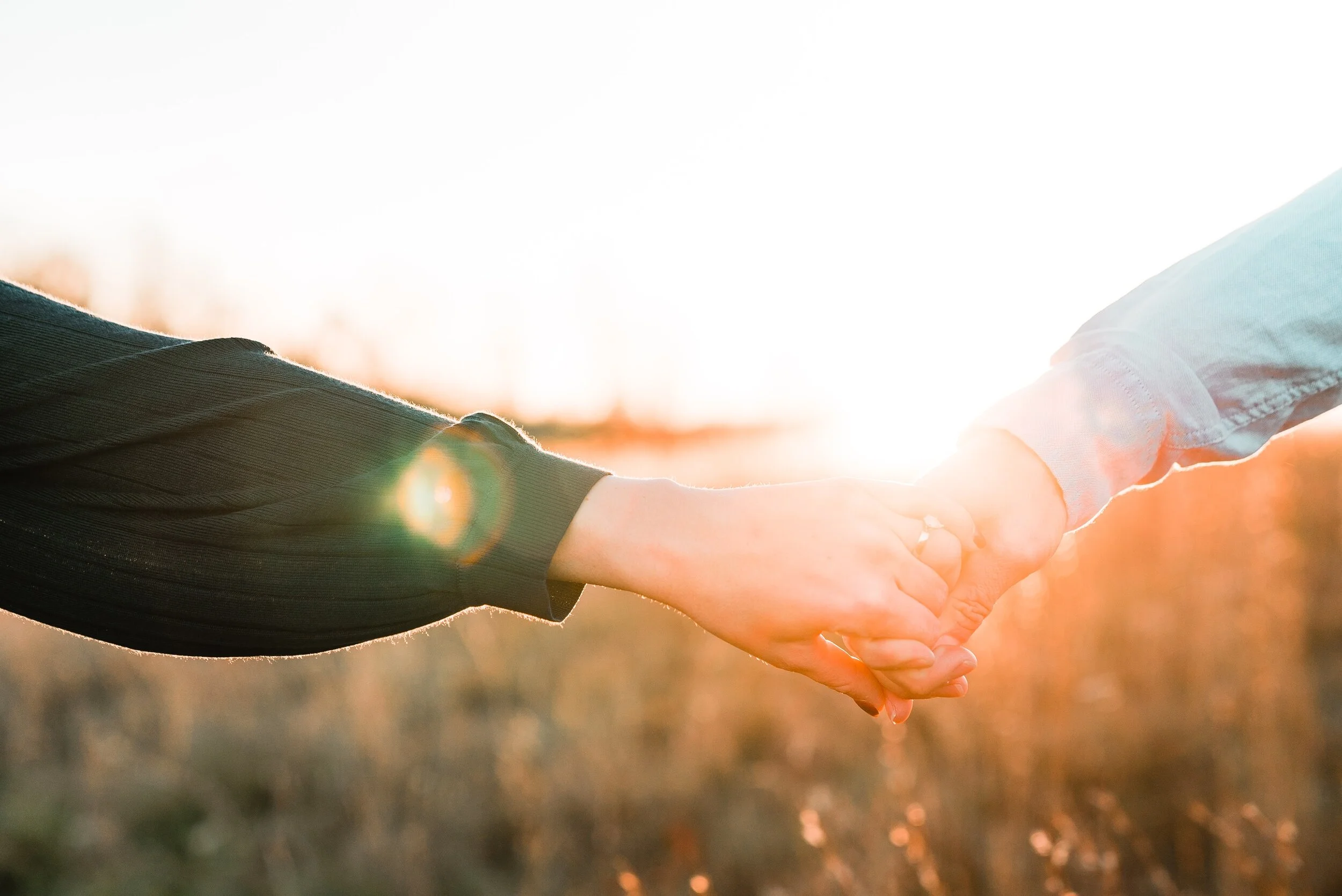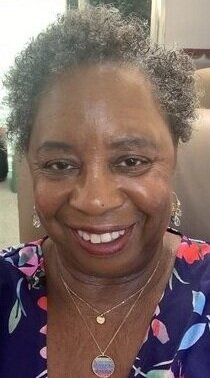For the month of February, we will continue our "Humans of MHT" series and hear from Lisa Patrizia, LPCC, as she shares with Dr. Franco, PsyD, about how solace works both internally and externally in each of us and the beauty that can come in un-beautiful moments.
Below you will find the interview.
Paloma Franco: I'm here with Lisa Patrizia. I'm excited to get to know you a little bit more, you chose the word 'Solace' from David Whyte's book, “Consolations,” where he really unpacks different parts about being a human being. So, I would like to know what's meaningful about that word for you?
Lisa Patrizia: Yeah, hi, I'm so glad that we get to have this time, too. The “Consolations” book has been so nice to get to know in so many ways, and I chose Solace because I think it spoke to a lot of different parts of, basically, human experience. I'll read you one of the quotes at the very beginning of the chapter that spoke to me. And that is:
Solace is the art of asking the beautiful question, of ourselves, of our world or of one another, in fiercely difficult and un-beautiful moments. Solace is what we must look for when the mind cannot bear the pain, the loss or the suffering that eventually touches every life and every endeavor; when longing does not come to fruition in a form we can recognize, when people we know and love disappear, when hope must take a different form than the one we have shaped for it.
I thought that was just kind of a lovely way of noting much of what happens to us in life when we come into contact with many different parts of experience. Some that really shakes us to our core, and the places that we need to go, the ways that we need to go internal and ask ourselves some really central or focusing kinds of questions to help muster what we need to be able to find our ground and find our footing again, and be able to move forward and move through the things that come to us just in the wild and wonderful aspects of living and being in the world.
PF: Yeah, I like how you said finding our footing and finding our grounding, in whatever experience is happening. And how central that can be, and connecting...
LP: Yeah, exactly, and I like that you hit on the connecting part, because it speaks of a few different things, right? In terms of the kind of places that we go and find our footing. That's not just an internal process, but it's in the context that we're in, in our world, in our relationships. I mean, relationship is one of the central components of that. When I think of solace, for instance, I think it is a kind of going inward. It's often when we're trying to to reach for what we may need in moments of stuckness, or moments of overwhelm, or moments of real suffering and pain. I often find that there's this kind of looking inward to a sense of wisdom or knowing, and then a reaching outward too, to relationships in our life and even the task of doing that asking ourselves the beautiful questions is how we are relating into and to ourselves, and using that to be able to inform and guide us, and give us comfort and stability.
PF: Yeah, there's something you said there that I was like, OK...there's a combination of our inner wisdom, right, and also seeking that outside, but kind of how there is in that solace, the inner discovery of our wisdom, and how that can help us come out of something, an experience.
LP: Yeah, and, as you're saying that, it's that sense of stretching our capacity to kind of going in, and the finding of the footing and the finding that source of wisdom involves, especially in some of the hardest times, some of those, as he says, the most un-beautiful moments in experience, we find some of those places in us and outside of us that maybe we weren't really familiar with, we perhaps wouldn't have gotten in touch with or gotten the sense of, except for through those.
PF: Yeah, which leads me to kind of wonder, how does humanness show up in your work as a clinician?
LP: Yeah, well, I mean, I think that much of the time, certainly this whole process of encountering the stuff of life that trips us up or brings us to this sense of struggle or loss or suffering or just really, challenge. It's often the thing that causes us to reach out, you know, kind of coming to our sense of — for some reason, I'm thinking of the self as our house, and our internal house, and if we kind of get brought down to the studs at times, through our experiences in life, where some of the facades and the things that we've maybe kind of held out here, they can get really exposed and feel really raw, and the part of the process of finding our footing and finding our ground. I think that those are times where we may reach out then, to others, either others in our world who are known to us, or others who are not known to us yet, but we're kind of endeavoring to, to trust that we may be able to find a sense of solace, a sense of being seen and being understood in others around us. And so I think that is such a central element in human experience, and I think that part of our capacity to come into contact with some of those places in us, and then to reach out and figure out what our next steps are, involves a sense of transformation. And I think that as a clinician, I see my role as one of being a place and a space where we can come into contact with those raw places where we are brought down to the essential elements, and be able to to wonder, and to kind of have a sense of abiding curiosity for the those places of internal kind of knowing, and wisdom.
And as David Whyte puts it, this is one passage that really spoke to me about this idea when it comes to therapy and clinical work, is "Solace is a direct seeing and participation, a celebration of the beautiful coming and going, appearance and disappearance, of which we have always been a part.” And that direct seeing and participation part is such a part of therapeutic work. Where we are seeing these parts of ourselves, we are knowing that sometimes we need and want to have more of a sense of contact with others and, yeah, it’s a place of being able to, in relationship, do some of that finding those questions that help us re-orient to the places that maybe we know, and those that we didn’t quite have awareness yet, were in us.
PF: Yeah, it’s like that discovering that happens in therapy, and how that connects to the word, right, and what you were talking about the word solace, of the space that you’re creating in helping your client or guiding your clients in discovering their inner wisdom, right? Something they already had, and that they are going to be discovering.
Well, this was wonderful. To kind of just hear a little more about how humanness shows up in your work and your work as a clinician, and a little more about that word solace and what that means for you. Thank you for taking the time to sit here with me.
LP: Thank you, Paloma.
Lisa Patrizia, MA, EDS, LPCC, believes deeply in the power of the therapeutic relationship to provide a space of healing and hope. In her work with children, adolescents, adults, and families, Lisa has found that in developing self-understanding and exploring the deeper meanings of what is noticed in relationships there is great potential for moving through difficulties and discovering a place of greater wholeness.
Dr. Paloma Franco, PsyD, is a Registered Psychological Associate working under the supervision of Stephanie Law, PsyD. Dr. Franco believes in the power of stories and the healing power of authentic relationships. As a bilingual clinician, she is passionate about helping her clients further understand their story and the different patterns that may be hindering or affecting how they connect with others or how they view themselves.

